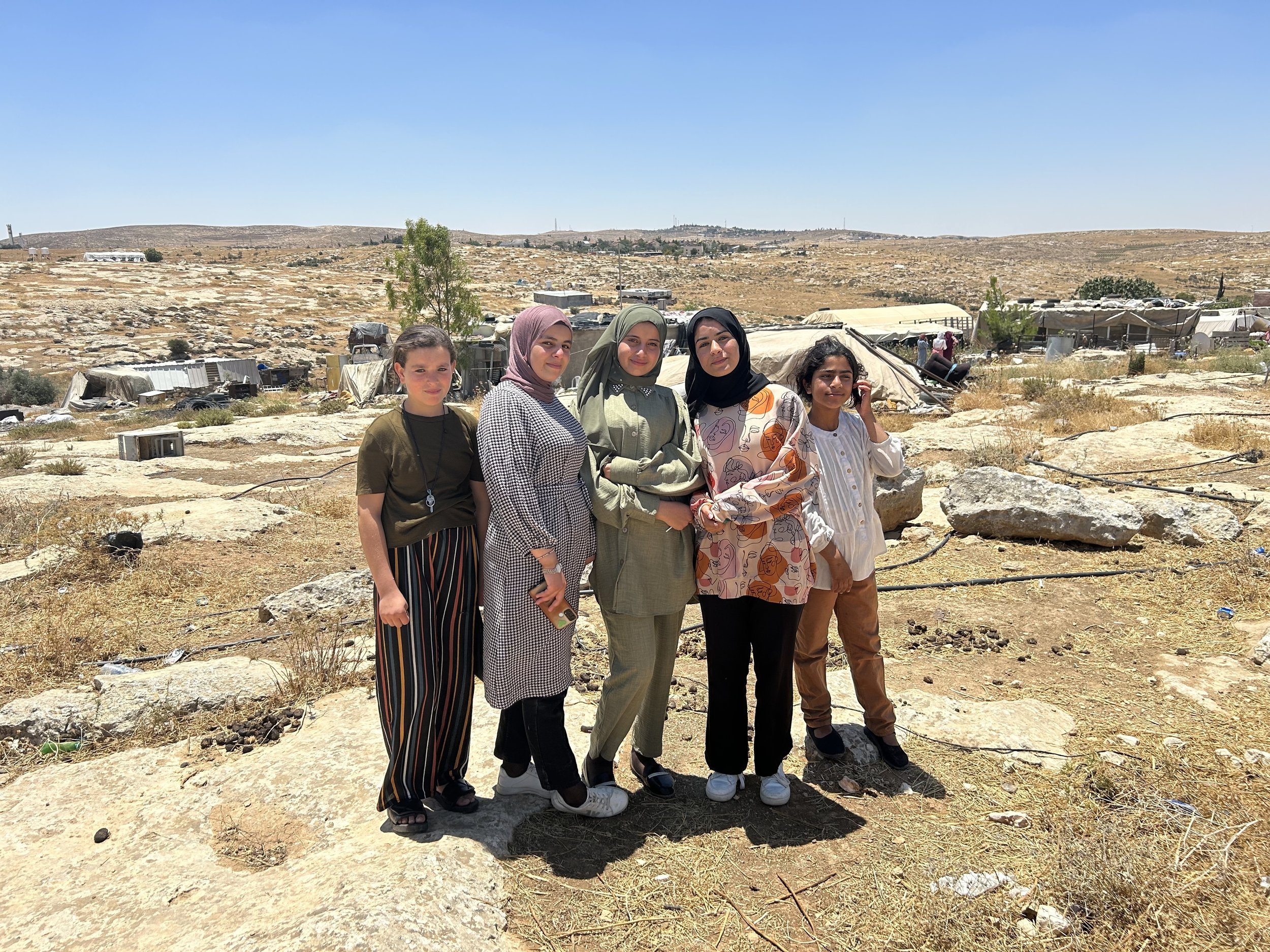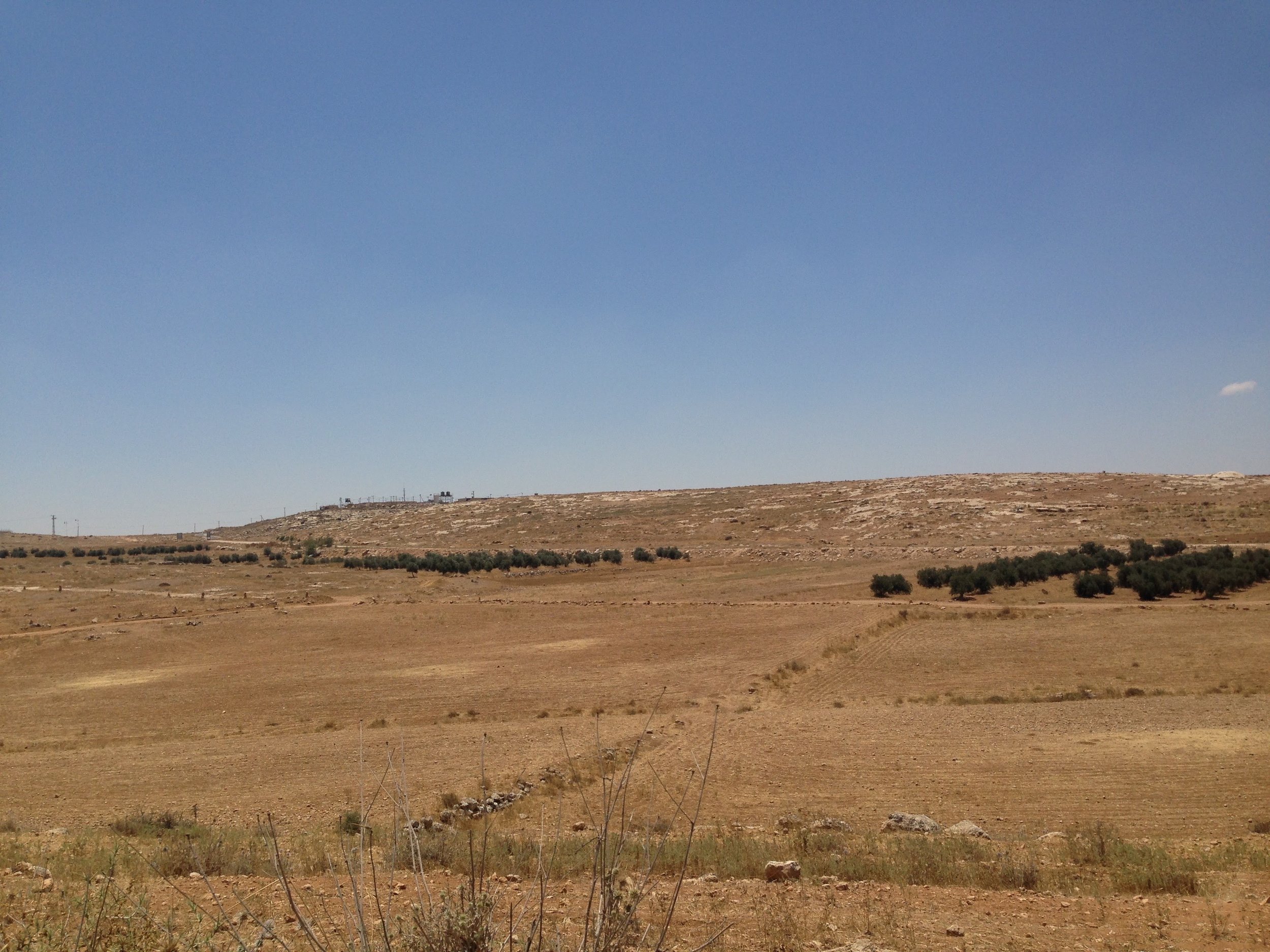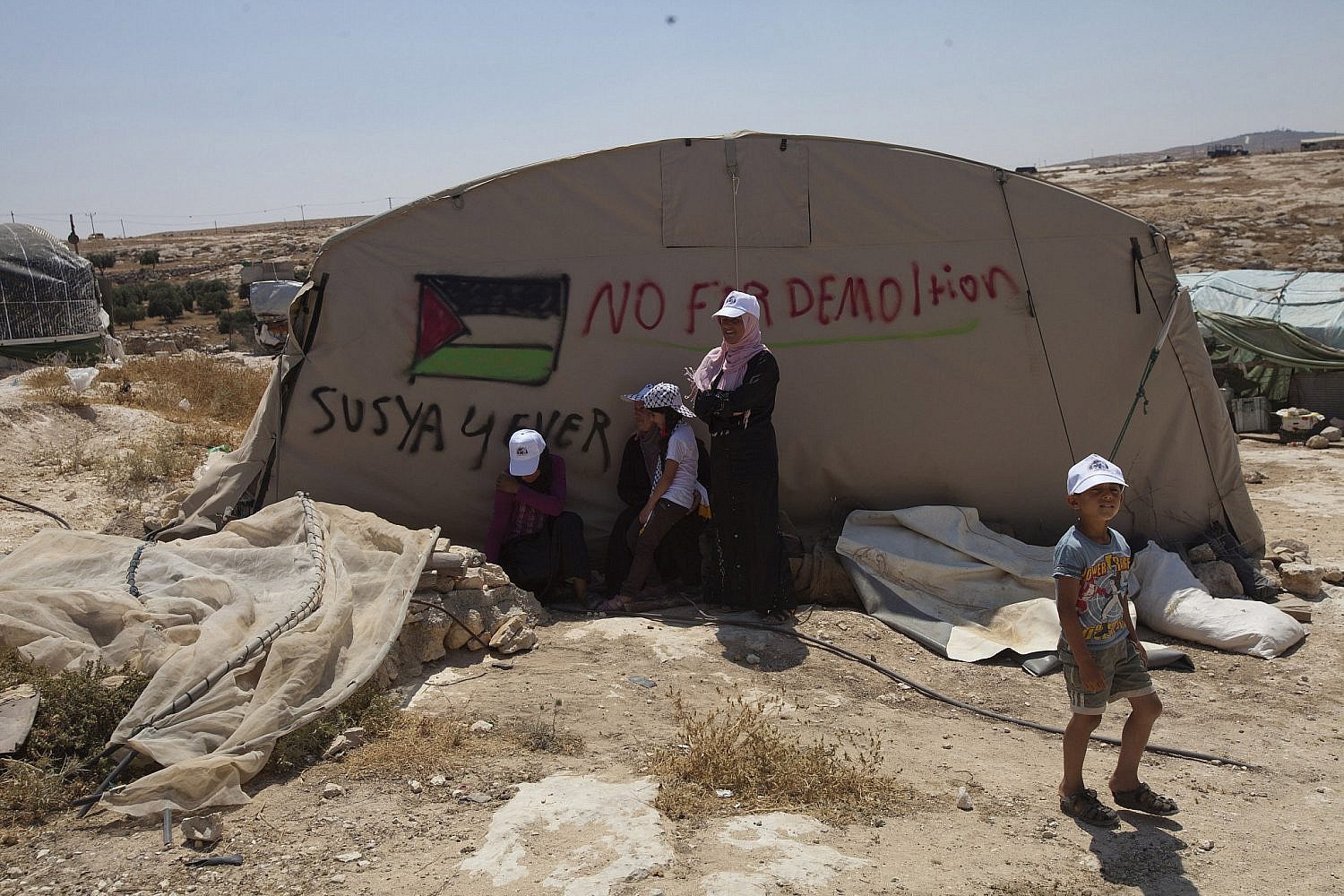
The Rural Women’s Association
FUNDRAISER
The Rural Women Association is a grassroots organization founded in 2015 to organize educational, artistic, and cultural activities aimed at empowering children, youth, and women.
Help us make a difference in the lives of Palestinian women and their families. By donating to The Rural Women's Association, you support crucial initiatives such as educational workshops, literacy classes, and psychological services that uplift entire communities.
Your contribution also aids in promoting sustainable income projects like traditional crafts and agriculture, empowering women to not only support their families but also to become leaders in their communities. These programs are vital in overcoming the challenges faced in rural areas, enhancing children's wellbeing, and providing women with the tools they need for economic independence.
Act now—your support can change lives and build a brighter future for rural women and children.
Image Courtesy of Theia Chatelle.
The Rural Women’s Association works in the communities of the South Hebron Hills, including Susiya, al-Mufaqarah, Umm al-Kheir, al-Hathaleen, Jannatah, Tubas, and at-Tuwani. The Association fosters a concept of citizenship for the region wherein rural and Bedouin women work together equally by supporting each other. The Rural Women’s Association intends to create sustainable income to support these communities by enhancing existing agricultural and professional skills.

The Rural Women’s Association’s (RWA) 3 Main Goals:
-
Women
The RWA develops the role of women economically, socially, and culturally. They offer community workshops about women's rights and non-violence and self-care, professional courses on traditional embroidery and weaving, and run Arabic and English literacy classes.
Your donations help fund these activities and the women who lead them.

-
Psychological Services
The RWA has expanded their goals this year by providing their services to aid people in Gaza and the West Bank. Most notably they provide children Psychological Services to deal with ongoing and unimaginable trauma.
Your donations help provide this service to children who cannot deal with this alone and need help as soon as possible.

-
Culture
The RWA promotes sustainable income projects like raising sheep, making traditional food made from goat's milk, and cheese, as well as clothes made of sheep's wool.
Your donations help support these sustainable income projects and cultural cornerstones of the community.

The Rural Women’s Association works closely with MECA: The Middle Eastern Children’s Alliance to support women and children living under the occupation.
Learn more about Fatma al-Nawajaa and other women spearheading the organization. Fatma al-Nawajaa, a local resident of Susiya village, says, “in a bid to protect the archaeological cave and keep our humanitarian issue alive, I came up with an idea to restore the cave and turn it into a workshop to exhibit our homemade traditional products."
Read more about the Impact of the Rural Women’s Association:
-

Settler-soldier militias threaten Susiya with death and displacement
+ 972 Magazine
Harassment and intimidation by Israeli settlers, often with a military escort, are hardly a new phenomenon for the Palestinians of Susiya, a small village in the Masafer Yatta region of the occupied West Bank. Since the war that began on Oct. 7, however, we’re seeing an alarming escalation — and it is increasingly difficult to distinguish between settlers and soldiers.
-

The Palestinian Women Refusing to let their Homes be Demolished
Al Jazeera (2023) - Khirbet Susiya, occupied West Bank
Heyam Nawajah never knows what to tell her daughter when she asks why they don't have a home.
“My daughter keeps asking: ‘Why don’t we have a house? Why can’t we build a house? Why can’t I have my own room?’” the Palestinian Bedouin mother of six said.
According to the 31-year-old Heyam, the Nawajahs have lived in Khirbet Susiya since the early 19th century.
-

Susya and Beyond on JStreet (2016)
Susya is a small Palestinian village in the West Bank, parts of which have been repeatedly demolished by the Israeli government. That has emerged again in recent weeks, amidst reports that the Israeli Defense Ministry this week plans to ask Israel’s High Court of Justice for permission to demolish Susya within the next two months. J Street has actively opposed Susya’s demolition in the past and urged the State Department to ensure that it does not go forward.
What else can I do?
Buy E-Sims for Palestinians.
E-SIMs provide internet and phone access to people in Gaza and the West Bank.
This directly aids children in Gaza who rely on E-Sims for Psychological Services from the Rural Women’s Association.
Visit: https://www.airalo.com/palestine-state-of-esim
Complete the steps on the site to buy the E-SIM.
Forward your email or a picture of your QR code to GAZAESIMS@GMAIL.COM
You can look at the status of your E-sim over time to see if it’s been used.



